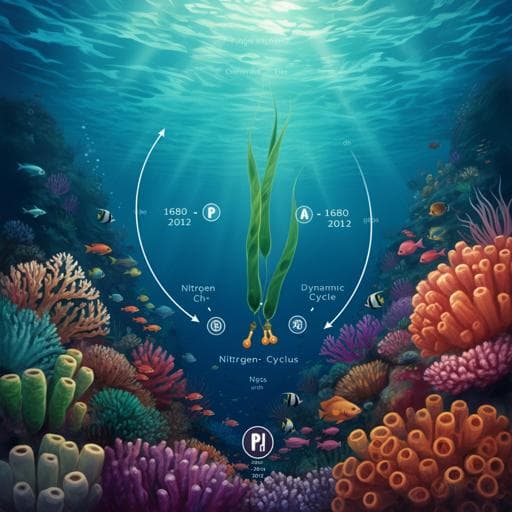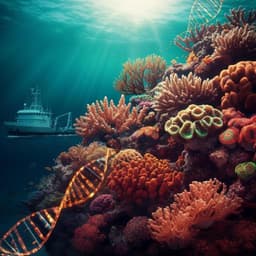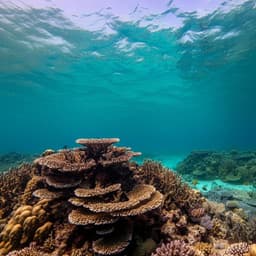
Environmental Studies and Forestry
Coral skeletons reveal the history of nitrogen cycling in the coastal Great Barrier Reef
D. V. Erler, H. T. Farid, et al.
Explore the intriguing dynamics of nitrogen cycling in the Great Barrier Reef! This research, conducted by Dirk V. Erler, Hanieh Tohidi Farid, Thomas D. Glaze, Natasha L. Carlson-Perret, and Janice M. Lough, reveals a surprising long-term decline in nitrogen ratios, suggesting a shift towards increased coastal nitrogen fixation amidst rising anthropogenic inputs. Discover how reducing phosphorus discharge could be key to preventing future ecological crises.
Related Publications
Explore these studies to deepen your understanding of the subject.







